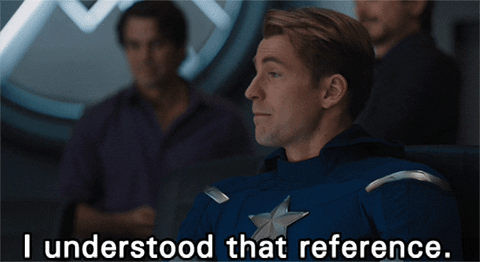After reading through the thread, my gut feeling is that the word authentic is not a good one to use about people. It assumes that there is an idealised standard against which to compare in order to make a judgement - but we aren't like Ming pottery and there is no idealised or genuine version of myself that I can go to to see if I'm the real thing or a fake. This issue seems to me to be bound up with the way INFJs can easily run into boundary problems - we can lose a sense of our own identity through the social pressures we encounter. One powerful reason for this is that we internalise other people emotionally in order to understand and empathise with them, and this risks confusing and blending their emotions with our own. It isn't a given that we know instinctively how to handle this, and we have to learn how to control it the hard way, by trial and error, very much like a baby learning to walk and talk.
A problem is that taking control, finding our own inner boundaries and asserting them, feels like it's letting others down, particularly if they have been taking advantage of us. It's as essential to do this as it is to take care of our own skin though - the boundary of our body. Far from scolding ourselves and worrying about our possible inauthenticity, a key to dealing with it is to give ourselves the same love and concern we try and give to others. Once we have gone at least some of the way to sorting it out, we can then make conscious choices of how we present ourselves in each of our social settings - understanding that it is our true nature to do this (which I guess means it's authentic

). I see this as analogous to choosing which clothes we wear in different social settings - work, home, party, funeral, etc.
Are we projecting if we see faults in others? Possibly, but they may genuinely be asses. By definition, a projection is an unconscious behaviour or attitude of your own that you falsely see in others - of course you won't be aware of it so it's not straightforward to uncover the truth. If other people see the same thing as you then it's unlikely to be a projection, whereas if no-one else sees it then it most likely is. Neither is guaranteed though - for example, my dad when he was in the middle stages of dementia could have all sorts of people thinking his stories were true when I knew they were complete delusions, but he was very plausible. My own approach is to try and treat others with care and compassion and to avoid rushing to judgement - I see INxJs far too often charging off with their Fs and Ts when they should be avoiding judgement and giving their intuition plenty of time to work properly. At the same time I try to be street wise and avoid getting into situations where I might get into difficulties. I still don't always succeed


, but I do better than when I was a lot younger.
@Zola is saying something similar to this, I think. There is a strong undertow of Fi value judgement in the way that the word inauthentic is used about people, but I'm not clear that there is a genuine value that's easy to grasp behind the implied condemnation.


